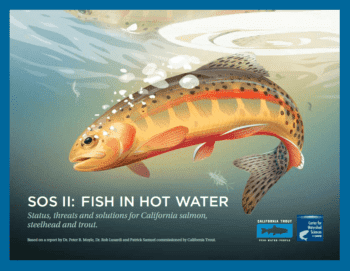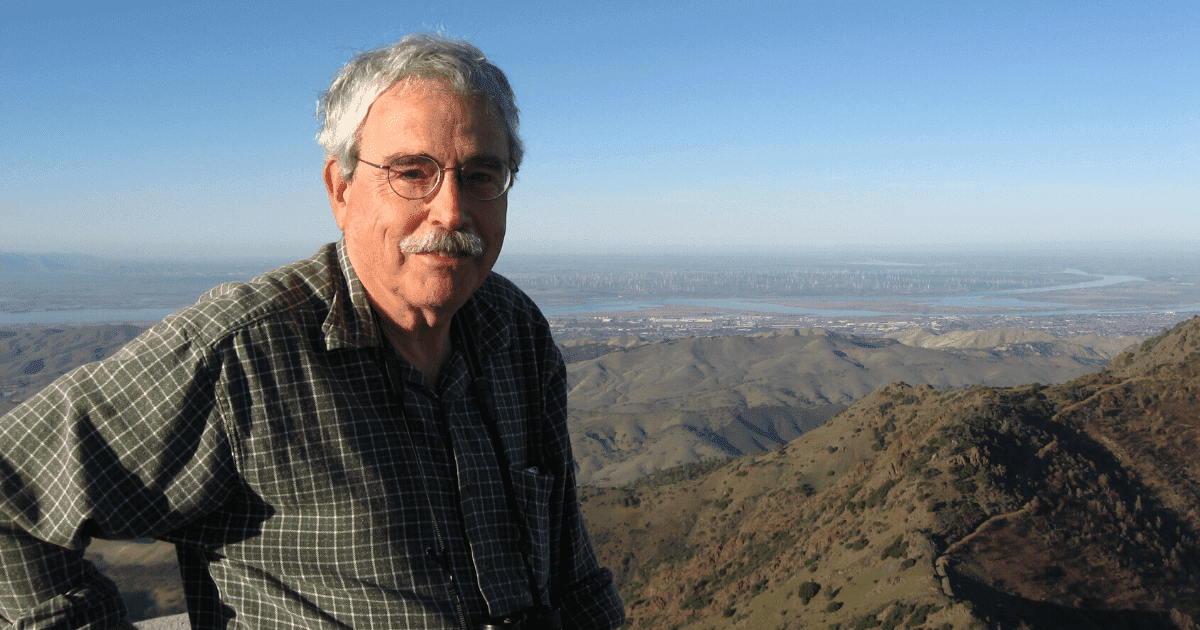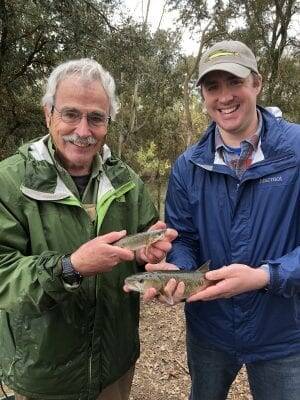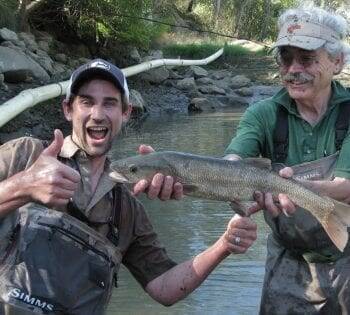Dr. Peter Moyle: 2020 Conservationist of the Year
Dr. Peter Moyle has been recognized as the 2020 Conservationist of the Year by the Western Rivers Conservancy for his lifetime of conservation work in California and in watersheds across the West.
“Peter has been an inspiration and source of fisheries expertise for California Trout for over 40 years. Peter’s contribution to the understanding of all the fish of California is unprecedented.” – Curtis Knight, CalTrout Executive Director
 We count Dr. Moyle among our strongest allies for wild fish conservation in California. He and his team authored our own SOS II: Fish in Hot Water report: a one-of-a-kind comprehensive account of California’s salmon, steelhead and trout populations.
We count Dr. Moyle among our strongest allies for wild fish conservation in California. He and his team authored our own SOS II: Fish in Hot Water report: a one-of-a-kind comprehensive account of California’s salmon, steelhead and trout populations.
‘What I admire most about Peter is as a top-level scientist he is also not afraid to advocate, using his credible voice to speak out about the fate of our fish and rivers. It was his vision that led us to work collaboratively on the State of the Salmonids report.” said Knight. “Peter is a scientist, advocate, fish and nature enthusiast and a good friend.”
To continue his legacy, we have established the Peter B. Moyle and Calfornia Trout Endowed Chair in Coldwater Fishes held by Dr. Andrew Rypel at UC Davis. In that position, Dr. Rypel will work to ensure that water resource issues with major policy and management implications will continue to be informed by robust science.
Congrats to Dr. Peter Moyle of the UC Davis Center for Watershed Sciences for the well-deserved honor! Thanks Dr. Moyle for all you do!







